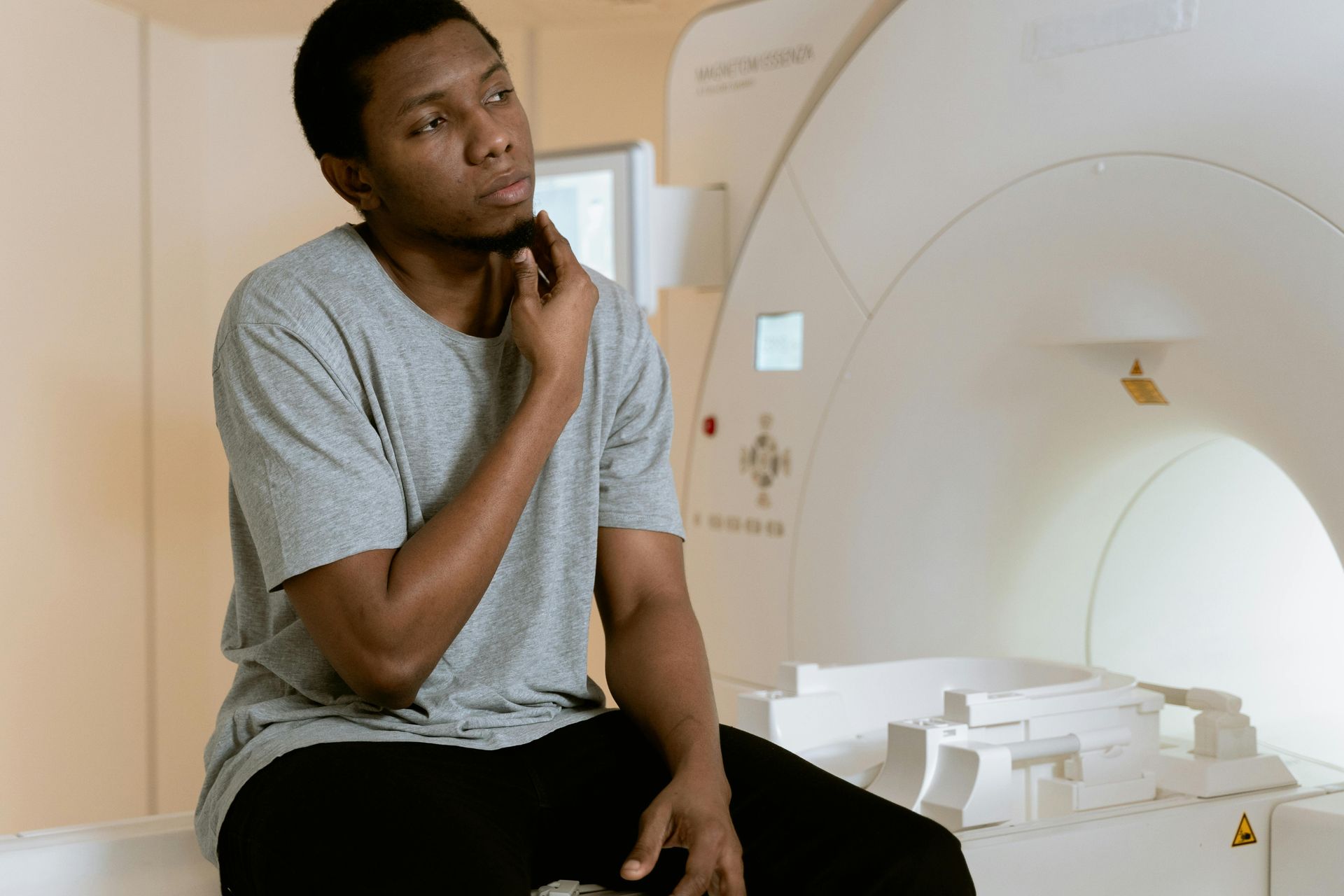Autoimmune Diseases: Your Questions Answered
1. What are Autoimmune Diseases?
It is simply disease conditions that occur when the immune system gets confused and attacks healthy parts (organs and cells) of the body.
2. What are the types of autoimmunity?
Particular autoimmune disorders are frequently classified into organ-specific disorders and systemic types. Autoimmune processes can have various results, for example, slow destruction of a specific type of cells or tissue, stimulation of an organ into excessive growth, or interference in its function. Organs and tissues frequently affected include the endocrine gland, such as thyroid, pancreas, and adrenal glands; components of the blood, such as red blood cells; and the connective tissues, skin, muscles, and joints.
In organ-specific disorders, the autoimmune process is directed mostly against one organ. Examples, with the organ affected, include Hashimoto’s thyroiditis (thyroid gland), pernicious anaemia (stomach), Addison’s disease (adrenal glands), and type 1 diabetes (pancreas).
In systemic disorders, autoimmune activity can affect multiple organs of the body. Examples include rheumatoid arthritis, systemic lupus erythematosus (SLE or lupus), and dermatomyositis.
3. Who can get it?
Anyone and everyone with an immune system is at risk. Though women of childbearing age are more commonly affected. Individuals of any age and either sex may be affected by an autoimmune disease. Some autoimmune diseases such as rheumatoid arthritis and autoimmune diseases of the thyroid gland are most commonly seen in older individuals. However, many of the autoimmune diseases such as lupus and multiple sclerosis are most common in women between the ages of twenty to forty
4. Why are autoimmune diseases more common in women than men?
The answer to this question is not yet fully available. It is likely that hormones play an important role, but a number of other factors have been implicated. It should be noted that while most autoimmune diseases are more prevalent in women, a few such as Type 1 diabetes, ankylosing spondylitis and autoimmune myocarditis are actually more common in men. It seems likely, therefore, that there will be multiple reasons for the sex related bias in autoimmune disease.
5. Is it contagious?
No. It cannot be transmitted from person to person by sharing anything, neither is it airborne.
6. Is it hereditary?
Neither is it entirely hereditary. You can’t passed it on to your child. The chances of doing that is about 5%, though because of a similar genetic that is shared in a family, you are likely to see other autoimmune diseases which may not necessarily be the same in each person. This tendency may be large or small depending on the disease but, in general, close relatives are more likely to develop a related autoimmune disease. A number or genes have been connected with causing autoimmune disease, primarily genes related to the human major histocompatibility complex called HLA.
7. How do you get it?
The exact cause has not been found out yet, but many factors could trigger it. It is believed to be a combination of a genetic predisposition to react to things in the environment called antigens e.g. chemicals, stress, infections etc This happens in someone whose genetic makeup makes his immune system more likely to overreact to the least provocation.
8. Does it have a cure?
No, currently it has no cure , but it can be properly managed with medication and proper medical support and lifestyle changes to attain a resemblance of normal life.
9. Can women who have autoimmune conditions give birth?
Yes. Childbirth is possible and can be safe as well, when planned with the proper medical management and monitoring; a woman who has an autoimmune condition can have a healthy baby carried to full term.
In certain situations your doctor may caution you to wait until the condition is stable before planning a pregnancy e.g. if you have kidney, lung or any major organ involvement or the condition is active.
10. Where can one seek treatment?
The Hospital.
Since autoimmune diseases vary greatly in presentation, many different physician specialists care for patients with these disorders. The specialist is usually skilled in treating diseases of a particular system. Treatment for this condition is multi-disciplinary which means different health specialists will work to manage it. Eg physiotherapist, nephrologist etc. but primarily a Rheumatologist is the specialist for diagnosing, treating it and coordinating the care and need for other specialists.
A Rheumatologist is a specialist doctor who deal mainly with medical conditions affecting joints, soft tissues, autoimmune diseases, auto inflammatory and heritable connective tissue disorders. It can be truly said that physicians of any specialty may encounter patients with autoimmune disease.
11. Is it a time bomb?
Not anymore. With proper management and supportive treatment one may live to a ripe old age if you are diagnosed early and treated properly so there is no organ damage.
12. How many autoimmune diseases are there?
There are over 80 different types of autoimmune diseases that affect different parts of the body. New diseases are being added to the list frequently.
13. Can it be prevented or are there vaccines for it?
No unfortunately until scientists find the exact cause there is no determined preventive measure. However certain factors have in recent times been identified to aggravate or cause the condition and dealing with these may help reduce impact of the condition or in future prevent their development. eg Factors known to help include Increase vitamin D intake, reducing stress, healthy diet with fresh fruits and vegetables, reduce salt and processed foods, probiotics, reduce antibiotic use especially in children, etc.
14. Is it common?
Yes. It is more prevalent than previously thought.
Studies show that the incidence of autoimmune diseases is rising, but scientists are not sure why this is happening. Although the exact cause of autoimmune disorders is unknown, it is common among young to middle-aged women.
According to the latest research published by Mayo Clinic researchers, a woman's lifetime risk for acquiring autoimmune disease is around eight percent, while a man's risk is at five percent. This means that one in twelve women, and one in twenty men may develop an autoimmune disorder. It is a rising global problem.
15. Is it life threatening?
Yes, if left untreated properly 25 to 50% of people will end up with organ damage and death
16. Why are autoimmune diseases so expensive?
Generally, autoimmune diseases continue for the lifetime of the patient. They require continual or intermittent care. At this time definitive cures for the autoimmune diseases are not available. Often the drugs used for treating these diseases are quite expensive as well as the laboratory tests for them.
17. What is the Rheumatology Initiative, tRi?
The Rheumatology Initiative Tri, is a non-profit organization. tRi was founded in 2010 to increase awareness about autoimmune diseases. Today it has grown to become the premiere national organization on the forefront of autoimmune disease awareness, treatment, research, advocacy and patient information.
18. What are the goals of tRI?
The Rheumatology Initiative’s goals are set forth in our Mission Statement: tRi is dedicated to the eradication of autoimmune diseases and the lessening of psychosocial and the socioeconomic impact of autoimmunity through advocacy, fostering and facilitating collaboration in the areas of education, public awareness, research, and patient support services in an effective, ethical and efficient manner.
Please find us on www.trighana.com
19.How is tRi funded?
tRi receives one hundred percent of its annual funding requirements from contributions and donations made by people such as yourself and our initiatives. We are proud that we provide significant services with very low overhead. At tRI, over 95% of all contributions are used for education, advocacy and patient support and research services. We are able to accomplish this efficiency because we are primarily volunteers who run the organisation.










